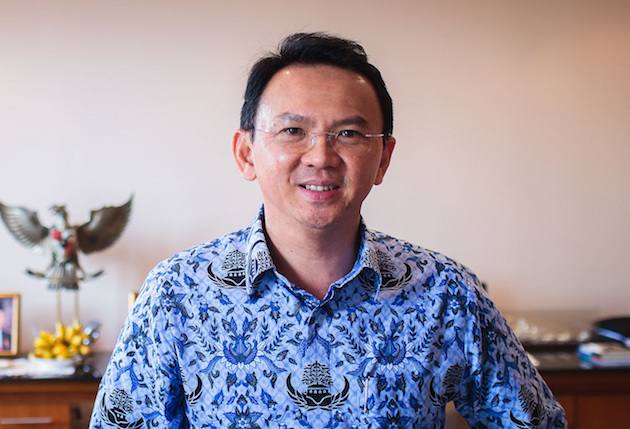Indonesian Christian governor to leave prison

Jakarta’s former governor, known as “Ahok”, who was sentenced last year to two years in jail for blasphemy against Islam, is to be released from prison next month, four months ahead of schedule.
The ethnic Chinese Christian, whose real name is Basuki Tjahaja Purnama, was due to be released in May but has been granted early release, scheduled for 24 January, for good behaviour, according to Sri Puguh Budi Utami, Director General for Prison Affairs, as reported by AsiaNews.
Ahok had refused parole in July as he hoped for early release after serving almost two-thirds of his sentence.
Widespread condemnation
Ahok, the first Christian and ethnic Chinese to govern Indonesia’s capital since the 1960s, was charged with blasphemy in December 2016 after accusing his political opponents of using Quranic verses to dissuade Muslims from voting for him in his bid for re-election as Jakarta governor.
In April last year, one day after he lost the election to his Muslim contender, Anies Rasiyd Baswedan, prosecutors downgraded the blasphemy charges against him and recommended he serve no prison time if found guilty. They suggested two years’ probation with a possible one-year jail term if he committed a crime during that period. The judge, however, decided a harsher punishment was called for, telling the court: “Mr. Purnama was found to have legitimately and convincingly conducted a criminal act of blasphemy, and because of that we have imposed two years of imprisonment.”
His sentence received widespread condemnation globally as politicians, academics and rights groups expressed their concerns about the growing threat to religious pluralism in Indonesia.
During the trial, Ahok’s supporters clashed repeatedly with extremist Islamist groups and it was for this reason that the former governor initially decided not to appeal his sentence – “for the sake of our people and nation”.
Politics and fake news
However in February Ahok filed an appeal after a court found a communications professor from Jakarta, Buni Yani, guilty of hate speech for editing the viral video that formed the basis for the allegations against Ahok. But the Supreme Court rejected Ahok’s appeal.
Before Ahok’s trial, in November 2016, Catholic news agency UCAN reportedthat according to Syafi’i Ma’arif, the former chairman of Muhammadiyah, the second largest Islamic group in Indonesia, there was “no blasphemy” in Yani’s video, and the charges against the Christian governor had been fabricated for political purposes.
During his trial, Ahok told the court he had been the target of racist and religious attacks since he was elected to public office in 2005.
In March it was reported that Ahok may also have been a victim of a sophisticated anti-government campaign of “fake news” and malicious bots. An online jihadist network known as the Muslim Cyber Army (MCA) posted “inflammatory content and messages designed to amplify social and religious division, and push a hardline Islamist and anti-government line”, authorities said.
An Indonesian musician is currently facing a two-year prison sentence for allegedly committing hate speech against Ahok during his bid for re-election in 2017, as World Watch Monitor reported.
Earlier this year, Indonesia’s Human Rights Commission announced plans to publish guidelines to avoid sectarian clashes in the run-up to next year’s national elections as some hard-line Islamic leaders had called on Indonesians to vote only for Muslim candidates.






